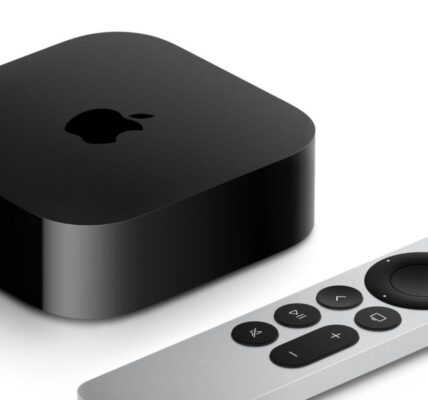Revolutionizing Healthcare Security: The Impact of Managed Detection and Response on Protecting Patient Data
Managed Detection and Response (MDR) is emerging as a pivotal solution in safeguarding healthcare systems against evolving threats. By leveraging advanced technologies and expert oversight, MDR is revolutionizing healthcare security, providing enhanced protection for patient data and ensuring compliance with stringent regulations.
Understanding Managed Detection and Response (MDR)
Managed Detection and Response is a comprehensive cybersecurity approach that combines advanced threat detection, continuous monitoring, and rapid response capabilities. Unlike traditional security measures, MDR is not just about preventing breaches; it focuses on identifying and addressing threats in real-time. This proactive stance is particularly critical in the healthcare sector, where data breaches can have severe implications for patient privacy and safety.
Enhancing Threat Detection with MDR
One of the key advantages of MDR in healthcare is its ability to enhance threat detection. Healthcare organizations often grapple with complex IT environments and a multitude of endpoints, making it challenging to identify and respond to potential threats swiftly. MDR solutions deploy sophisticated analytics and machine learning algorithms to monitor network activity continuously, detect anomalies, and identify potential security incidents. This real-time threat detection allows healthcare providers to address vulnerabilities before they escalate into significant breaches.
Streamlining Incident Response
In the event of a security incident, the speed and effectiveness of the response are crucial. MDR services offer a structured incident response plan that is both swift and efficient.

When a potential threat is detected, MDR providers deploy skilled cybersecurity experts who investigate the incident, contain the threat, and mitigate any damage. This rapid response minimizes downtime and reduces the impact on patient care and organizational operations. For healthcare organizations, where time-sensitive patient data is at stake, this capability is invaluable.
Ensuring Compliance and Regulatory Adherence
Healthcare organizations are subject to stringent regulatory requirements, such as the Health Insurance Portability and Accountability Act (HIPAA) in the United States. Non-compliance can lead to hefty fines and legal repercussions.

MDR solutions assist healthcare providers in maintaining compliance by implementing and managing security controls that align with regulatory standards. Additionally, MDR services often include regular audits and assessments to ensure ongoing adherence to government compliance requirements, thereby reducing the risk of regulatory breaches.
Reducing the Burden on Internal IT Teams
Managing cybersecurity in-house can be resource-intensive, particularly for healthcare organizations that may lack the necessary expertise and personnel. MDR alleviates this burden by providing access to a team of cybersecurity professionals who specialize in threat detection and response. This allows healthcare IT teams to focus on core functions and patient care, knowing that their security is being handled by experts dedicated to safeguarding their data.
Future-Proofing Healthcare Security
As cyber threats continue to evolve, the role of MDR in healthcare security becomes increasingly critical. By adopting MDR solutions, healthcare organizations can stay ahead of emerging threats, adapt to new security challenges, and continuously enhance their defenses. The integration of MDR into healthcare security strategies ensures that patient data remains protected, and healthcare providers can deliver care with confidence.
Managed Detection and Response is transforming healthcare security by providing advanced threat detection, rapid incident response, and compliance assurance. As healthcare organizations face growing cyber threats, MDR offers a robust solution for protecting patient data, reducing risks, and maintaining operational integrity. Embracing MDR is not just about responding to today’s threats but preparing for the future of healthcare cybersecurity.





